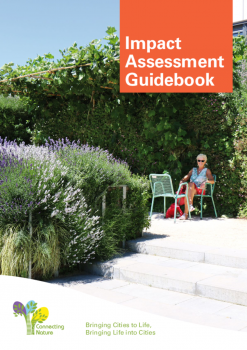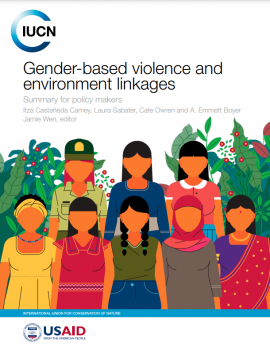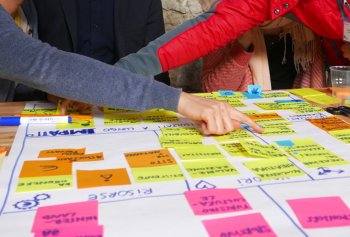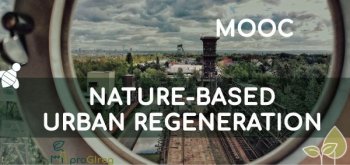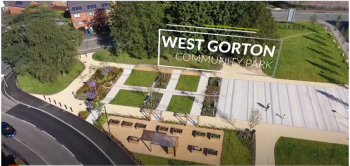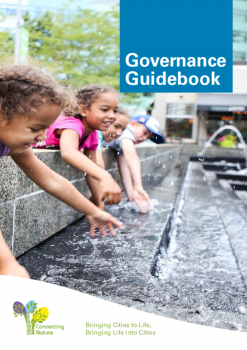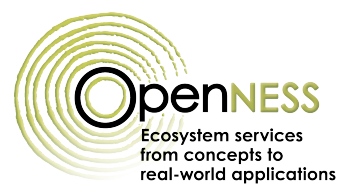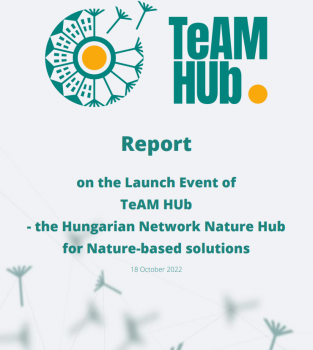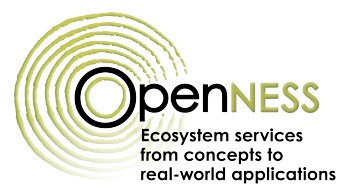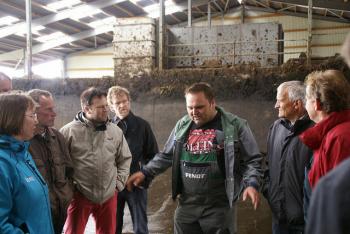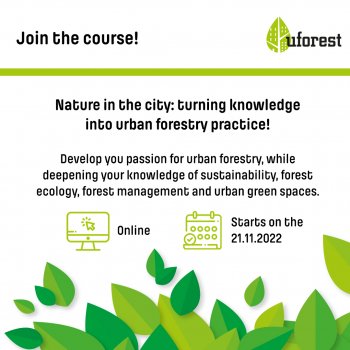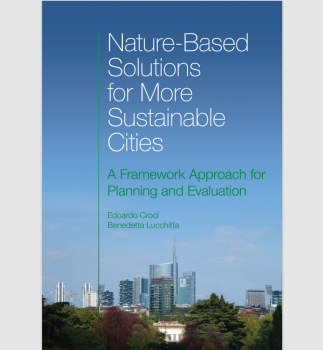Marketplace
Impact Assessment Guidebook
This Guidebook presents the Connecting Nature Impact Assessment Framework. This Framework is aimed at supporting cities in developing and successfully implementing robust monitoring and evaluation plans that can deliver systematic and comparable evidence as to NbS effectiveness. This framework
Panorama - solutions for a healthy planet
Panorama is a partnership initiative to document and promote examples of inspiring, replicable solutions across a range of conservation and development topics, enabling cross-sectoral learning and inspiration. This platform houses a number of thematic portals, and is envisioned to be continuously
- Video
PHUSICOS: Living Lab en Erill la Vall (Catalunya, España)
Do you know about the problem that the population of Erill la Vall in Catalonia faces? Are you interested in knowing more? Here you will be able to view explanations from PHUSICOS project experts and images about this erosive problem and the nature-based solutions designed to respond to it. The
Gender-based violence and environment linkages
This summary for policy makers synthesises key issues, findings and recommendations from IUCN’s Gender-based violence and environment linkages: the violence of inequality (Castañeda et al., 2020), an expansive publication developed in partnership with USAID. Bringing together existing and new
Strategy Dashboard
Discussion tool to facilitate constructive discussion within expert groups.
- Audio
- Document
- Event
- Image
- Infographic
- Report
- Slides
- Video
Polish NbS Hub in Wroclaw
The establishment of the Hub will allow internal and external collaboration with other cities and organizations across the country to gather and transfer knowledge on nature-based solutions. The Hub's activities will focus on promoting the potential of nature-based solutions to reduce heat
proGIreg MOOC: Nature-based Urban Regeneration
Cities around the world are seeking new, greener ways to transform their former industrial districts. These urban regeneration areas suffer from social and economic inequalities, lack quality green spaces and are significantly more vulnerable to climate change effects and natural hazards. Nature-
Intregrated Biodiversity Management, South Caucasus
Together with our partners, we develop strategies to facilitate the sustainable management of biodiversity and ecosystem services across sectoral and administrative boundaries, based on solid data. We contribute to safeguarding the diversity of species and ecosystems for future generations.
INTERLACE MOOC on Nature-based Solutions: (4) SPATIAL PLANNING and prioritising NbS to address urban challenges
Urban areas across the globe are facing unprecedented challenges—pollution, climate change, urban sprawl—and traditional solutions are falling short. The INTERLACE project’s Massive Open Online Course showcases how nature-based solutions offer a promising approach to help create resilient,
Ecosystem Services Mapping - Oppla Webinar video
This webinar was the first of two sessions in a series, beginning the topic of ecosystem services mapping. Nynke Schulp spoke about the reliability of ecosystem services mapping, describing how methods of ecosystem services mapping have improved in recent years. Anis Guelmami spoke about
Seeing is Believing: West Gorton Community Park
A green space like no other. Seeing is Believing is an 'eco-tour' of West Gorton's brand new Community Park. This film is the face of a spotlight session in Greater Manchester Combined Authorities 'Green Summit' 2020, for it's role in combatting the effects of
Governance Guidebook
The aim of this Guidebook is to outline a key aspect of how to embed nature-based solutions in your city – and that is governance. Governance is broader than government. It covers the legal frameworks, the formal and informal networks and organisations and the rules and policies related to the
- Product
En-Crops Blumenschön
EN-CROPS Blumenschoen (Liquid), the liquid version of En-Crops products adds important NUTRIENTS, GEO MINERALS AND PLANT EXTRACTS to the soil and to living organisms in the soil. En-Crops Blumenschoen (Liquid) is mixed with water and applied through existing watering systems.
The World Cities Report 2020: The Value of Sustainable Urbanisation
The World Cities Report 2020 shows that the intrinsic value of sustainable urbanisation can and should be harnessed for the wellbeing of all. The Report provides evidence and policy analysis of the value of urbanisation from an economic, social and environmental perspective, including the
OpenNESS Synthesis paper: Classification of ecosystem services
OpenNESS provides the opportunity to test and refine the classification so that it can be used more generally as we move towards operationalisation. In general terms some standardisation of definitions and terminology would be helpful so that cross-comparisons of ecosystem outputs would be possible
Launch of the TeAM Hub - the Hungarian NetworkNature Hub for Nature-based solutions
This report provides a summary of the main outcomes of the launch event of TeAM Hub, the Hungarian NetworkNature Hub for nature-based solutions. The event gathered primarily local authorities reflecting their crucial role in promoting the widespread uptake of nature-based solutions as catalysts for
OpenNESS Synthesis paper: Stakeholder involvement
Stakeholder involvement is not only regarded as an essential element in environmental management and decision making, but also considered critical in the context of ecosystem services (ES).
WOCAT Approach for Social Innovation for sustained soil organic matter, clean drinking water and sustainable dairy farming in East-Netherlands
The WOCAT Approach describes a process of social innovation in a region with dairy farming in the eastern Netherlands, driven by a foundation of farmers and inhabitants. The objectives of the region are sustainable dairy farming, which is resilient to climate change and able to reduce GHG emissions
Nature in the city: turning knowledge into urban forestry practice
Are you passionate about forestry, sustainability, and urban design? Would you like to learn how to promote the green transition of cities? This online course provided by Uforest is the right opportunity for you! Urbanisation and climate change are two of the most difficult challenges our
Nature-Based Solutions for More Sustainable Cities: A Framework Approach for Planning and Evaluation
There is a growing recognition and awareness that nature can help provide viable solutions to reduce vulnerability and generate value deploying the properties of natural ecosystems and the services they provide. Investing in nature can lead to substantial environmental, social, and economic
- ‹ previous
- 11 of 45
- next ›

